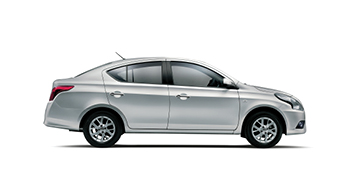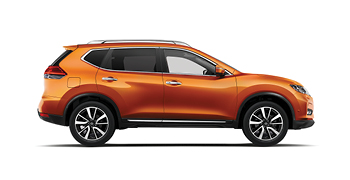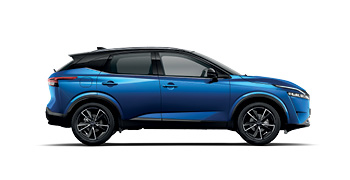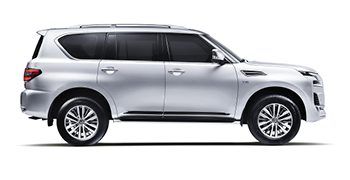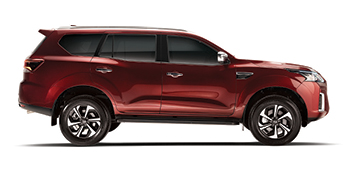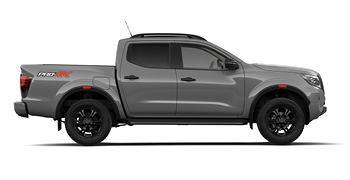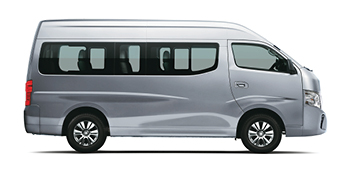DRIVE FURTHER FOR LESS:
FUEL-SAVING TIPS FOR AFRICAN DRIVERS
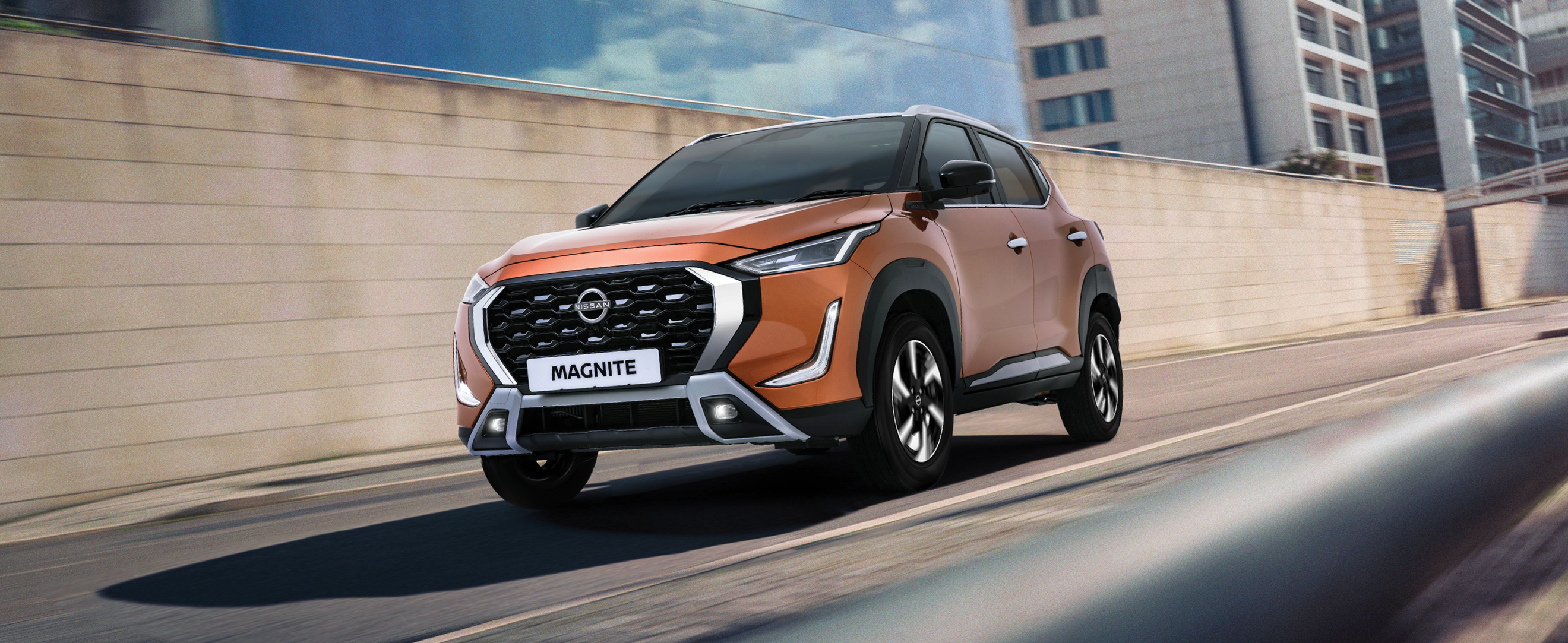
The cost of fuel is a major concern for drivers and businesses across Africa. Whether you're navigating the bustling streets of a city or covering vast distances on rural roads, every litre of fuel counts. Improving your vehicle's fuel economy not only saves you money but also reduces your environmental footprint putting more money back in your pocket. This article provides six practical, easy-to-implement tips that will help you get the most out of every tank, tailored for the unique challenges of African driving conditions.
1. Maintain Your Vehicle Regularly
In dusty and rugged African conditions, vehicles require more frequent maintenance. A well-maintained engine runs more efficiently.
- Change Filters: A dirty air filter restricts airflow to the engine, forcing it to work harder and consume more fuel. Similarly, clogged fuel filters can hinder performance. Replace air, fuel, and oil filters more often, especially when driving on unpaved roads.
- Use the Right Oil: Use the correct grade and quality of engine oil recommended by the manufacturer. High-quality synthetic oils can reduce engine friction and improve fuel efficiency.
- Tune-ups: Regular tune-ups, including checking spark plugs and other components, ensure the engine combusts fuel effectively.
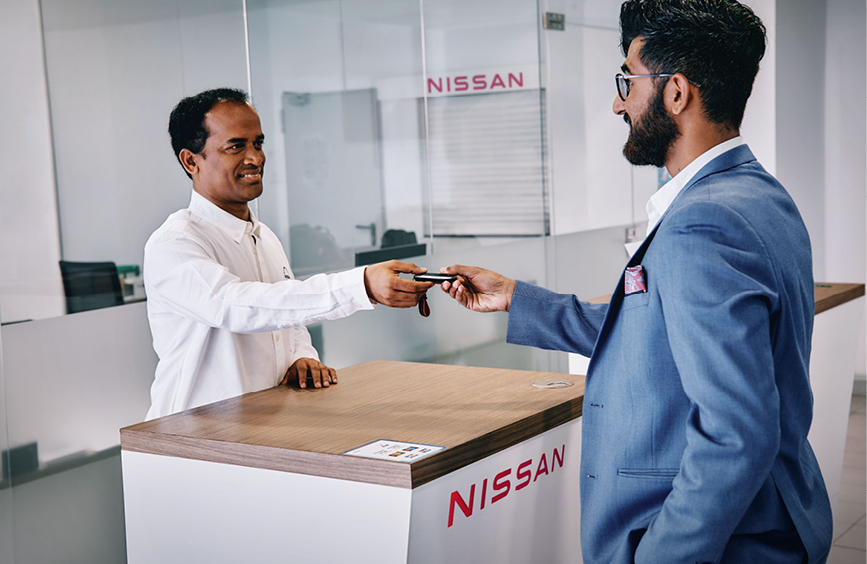
2. Check Tyre Pressure and Condition
Under-inflated tyres increase rolling resistance, making the engine work harder and use more fuel. This also leads to premature tyre wear and poses a safety risk, especially in the heat.
- Regular Checks: Check tyre pressure at least once a week, and always before a long trip. Refer to the manufacturer's recommended pressure levels, which can be found in the owner's manual or on a sticker inside the driver’s side door.
- Tyre Alignment: Ensure wheels are properly aligned. Poor alignment can cause tyres to drag, increasing fuel consumption and causing uneven tyre wear.
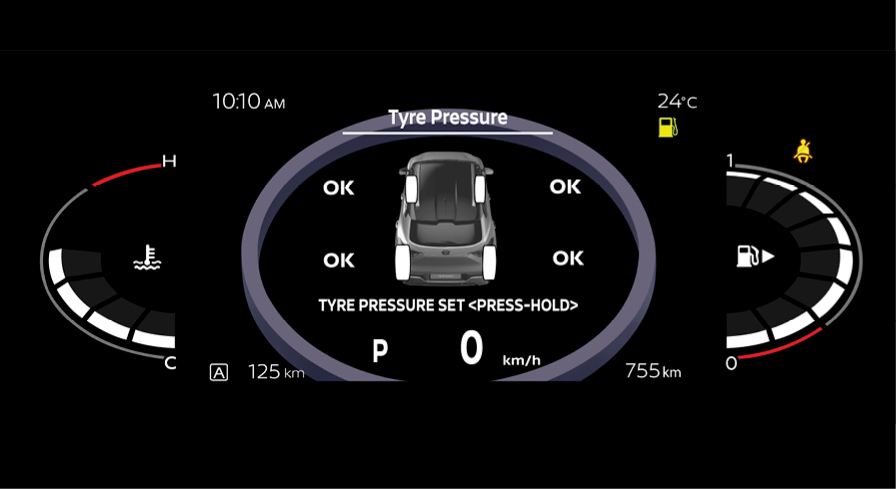
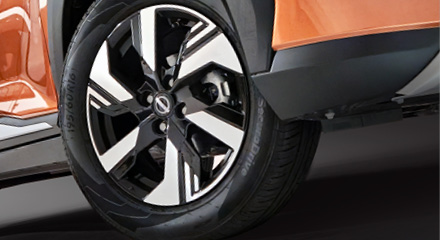
3. Drive Smoothly and Anticipate Road Conditions
Aggressive driving, with rapid acceleration and hard braking, is a major fuel waster. African roads, which can be unpredictable, require a more proactive driving style.
- Gentle Acceleration: Accelerate gradually rather than flooring the pedal. This allows the engine to work more efficiently.
- Anticipate Stops: Look ahead for traffic, intersections, and obstacles to avoid sudden braking. By anticipating stops, you can ease off the accelerator and coast, using the vehicle's momentum to save fuel. This is particularly important on rugged terrain.
- Maintain a Steady Speed: Use cruise control, if possible, on highways where it is safe and appropriate to maintain a consistent speed, reducing unnecessary fuel consumption caused by fluctuations.
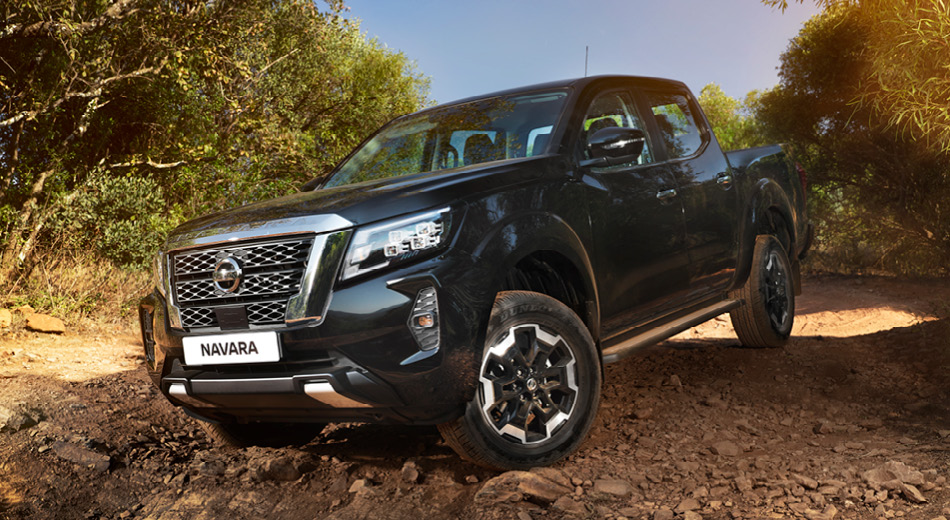
4. Reduce Idling and Unnecessary Weight
Idling burns fuel without moving the vehicle, while carrying extra weight puts a strain on the engine.
- Turn Off the Engine: If you're going to be stationary for more than 30 seconds (e.g., waiting at a railway crossing, traffic jam, or for a delivery), it's more fuel-efficient to turn off the engine and restart it when you're ready to go.
- Lighten the Load: Remove any unnecessary items from the vehicle. This is crucial for fleets where every kilogram of cargo counts. Ensure loads are distributed evenly and are not heavier than the vehicle's capacity.
5. Use Air Conditioning Judiciously
Running the air conditioner places a significant load on the engine, increasing fuel consumption. This is especially true in Africa's hot climate.
- Ventilate First: Before turning on the AC, open the windows to let hot air escape. This reduces the time and energy needed for the AC to cool the cabin.
- Lower Speeds: At lower speeds, it's often more fuel-efficient to drive with the windows down. However, at higher speeds, the aerodynamic drag from open windows can be worse for fuel economy than using the AC. A general guideline is to use the AC at speeds above 80 km/h and open windows for speeds below that.
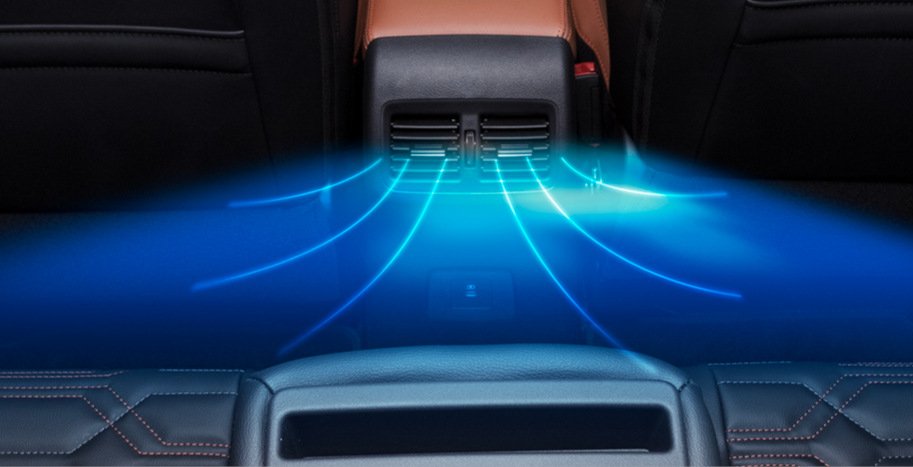
6. Optimize Your Routes
Planning your trips can save a surprising amount of fuel by reducing distance and avoiding traffic.
- Plan Ahead: For fleets, use GPS and telematics systems to plan the most efficient routes, avoiding congested areas and poorly maintained roads where stop-and-go driving and idling are common.
- Combine Trips: For individual drivers, try to group errands together to make one longer trip instead of several short ones with a cold engine, which uses more fuel.
